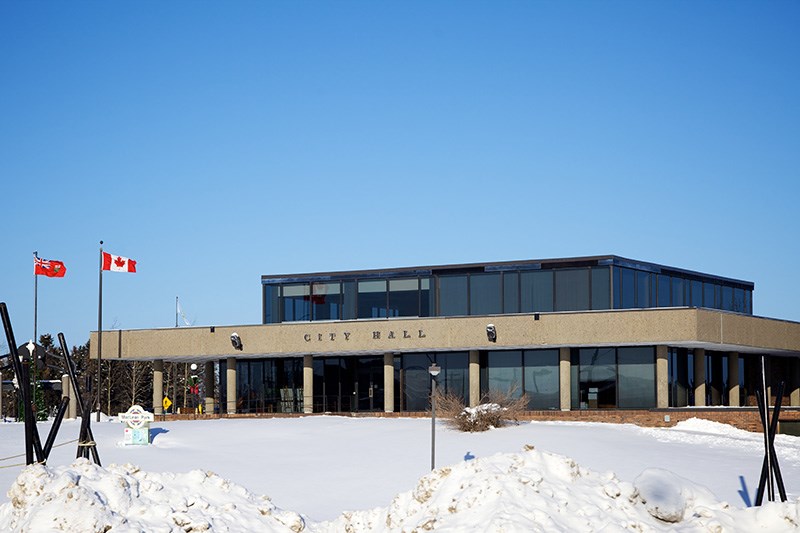Thompson city council passed second and third reading of the special service levy bylaw by 6-3 and 7-2 votes at their April 26 meeting.
Modelled after two previous versions that were in effect from 2010 to 2015 and 2016 to 2020, the special service levy covers the cost of repairing water service line breaks on residential properties that are more than one metre from the building. The amount added onto the property tax bills of the 3,241 properties covered is based on the actual cost of repairing such breaks in the previous year. Mayor Colleen Smook said on Monday that it would be about $63 per property this year, though the bylaw made allowance for it to be as much as $92.56
The levy only applies to residential and institutional properties with water service lines of up to one inch. Commercial buildings, rental complexes and apartment buildings are not covered by the service and do not pay the levy. Repairs for breaks one metre or less from a building must be paid for by property owners or their insurance.
In 2020, the last year of the previous special service bylaw, each property owner paid about $75 to cover the actual costs of repairing such line breaks in 2019, which was about $242,000.
The special service fee will be in effect for five years and could rise to as much as $123.38 in 2025 based on the city’s estimates. If the actual costs are lower than the amounts set out in the bylaw, they are adjusted downwards. If the actual costs were to end up higher, a public hearing would have to be held to amend the plan.
Likening the special service levy to insurance, Coun, Les Ellsworth said it was a better alternative than having people foot a big bill that they might not be able to afford and then later having their property be subject to tax sale, especially considering the city already has $1.4 million of unpaid water bills being added onto the taxes of the properties they are associated with.
“A lot of people can’t afford it,” he said.
Coun. Jeff Fountain, who voted against second reading but in favour on the final vote, said home insurance that covers such line breaks is available.
Deputy mayor Duncan Wong, who voted against both readings and requested a recorded vote on second reading (third reading of bylaws is an automatic recorded vote), said he thought the city should be able to find revenues in its water utility to pay for such repairs or that it should apply to all properties instead.
“It’s discrimination to the business,” he said. “We are not business friendly.”
The other councillor who voted against both readings said most people were paying without seeing any benefit because they wouldn’t have such a line break.
“It’s just another tax grab to me,” said Coun. Earl Colbourne.
First reading of the bylaw was approved in January and a public hearing was held in February. Two people objected in person at the meeting. One was opposed because the levy doesn’t cover the costs of any necessary landscaping repairs apart from filling, levelling and seeding excavated areas. The other, former councillor Ron Matechuk, said he didn’t understand why the bylaw only applies to residential and institutional properties, but not to commercial properties. Two written objections were also received.
The bylaw was then sent to the Municipal Board, which approved it as needed and reasonable.
The first special service levy was adopted in 2010, after the city proposed to increase the dig fee for line breaks on residential properties to $2,000 from $1,000. Those fees did not cover the total cost of the digs and repairs, estimated to average around $5,000 back then and to range from about $6,000 to $15,000 now.




